- Learning time
- 20 minutes
- First play time
- 60 minutes
Furnace
Designed by: Ivan Lashin
Furnace is a game of factories, and running them to turn coal, iron and oil into cash, with the most productive industrialist declared the winner!
Each player begins with a starting factory card, four numbered bidding tokens and a single cog, which can be used to upgrade your factories (flipping a factory card from its basic side to its more advanced one). A bunch of further factory cards are dealt out to the table where all players can see them, and then in turn, everyone places their bidding tokens one at a time on the cards, following simple rules: each factory can only have one of each number, and one of each colour.
Once all bidding tokens are placed, the winning bidder will add the factory card to their starting card in front of them, ready to operate. But! Before that happens every losing bidder gets to take resources (or an action) also shown on the card, multiplied by the bid they made. So if my 3 bid lost out to someone else’s 4, I’d get x3 whatever the consolation is: and sometimes you want to lose, because you need resources to run your factories.
Everyone then runs their factories at the same time, producing or converting resources, making more cogs, upgrading factories and, lest we forget, raising cash, which determines who wins. A new round begins with the starting player moving clockwise around the table, and after four rounds, the game ends.
You can also add in a special abilities unique to each player that give them some in-game benefit operating in tandem with their bids or factories.
The guru's verdict
-
Take That!
Take That!
A little. You can obviously be outbid, but you can also pick up a factory you actually didn't want as well.
-
Fidget Factor!
Fidget Factor!
Moderate - if there's a bit to think about in both phases of the game, it's a similar cognitive load for everybody.
-
Brain Burn!
Brain Burn!
The challenge is to marry the factory needs and outputs with the bids: what best combines with what you have? Where will you bid hoping to lose?
-
Again Again!
Again Again!
There are multiple cards that work in many different ways, mild asymmetry in the player powers and player input has a lot of say in how each game develops

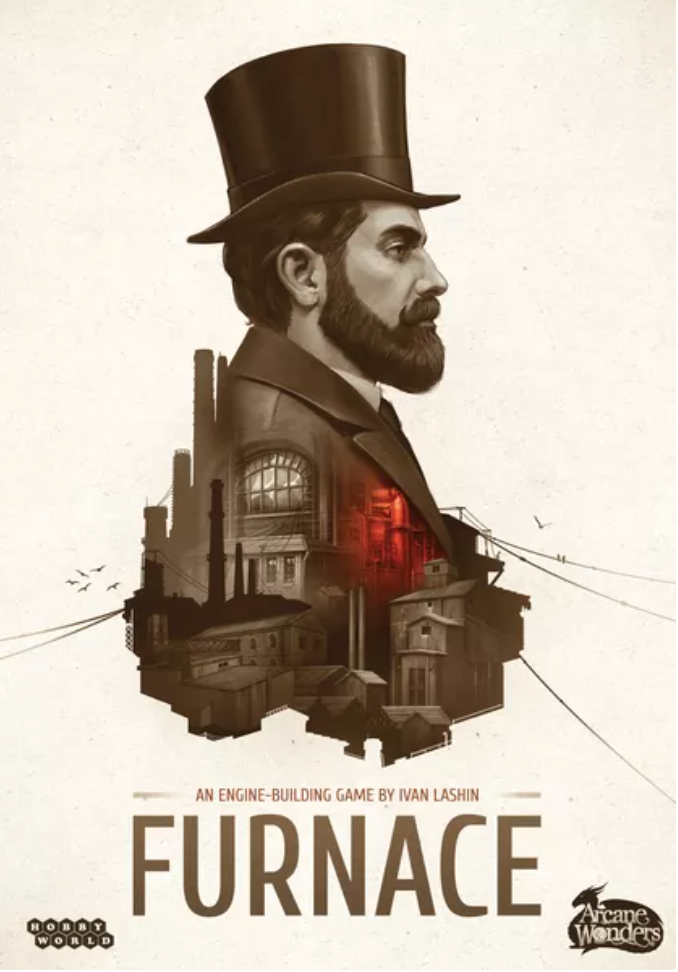



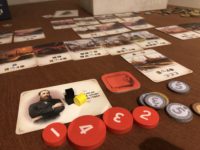





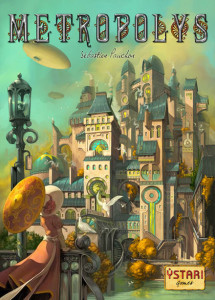
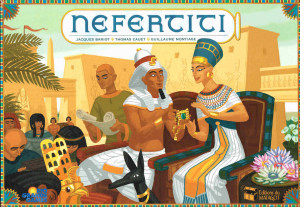
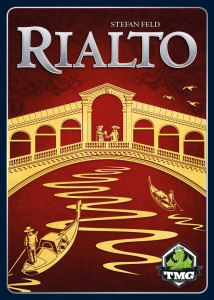
Sam says
Furnace is beautifully presented and I found the bidding system with its inherent tension rather neat: wanting to lose a bid is a clever idea, neatly integrated. The problem I had was the game around it - the running of factories, no matter how lovingly presented or cleverly balanced, was a non-interactive exercise in converting one thing to another, and then maybe another, and possibly another, and then finally money. Although the two phases are mechanically integrated, experiencing them felt like two different games to me: one engaging. the other flat and computational. Not a dud by any stretch, just not the kind of fun that feels fun to me, with so much time spent with one's head down pondering what best order to run one's factories in. I found designer Ivan Lashin's other game, Smartphone, far more compelling.